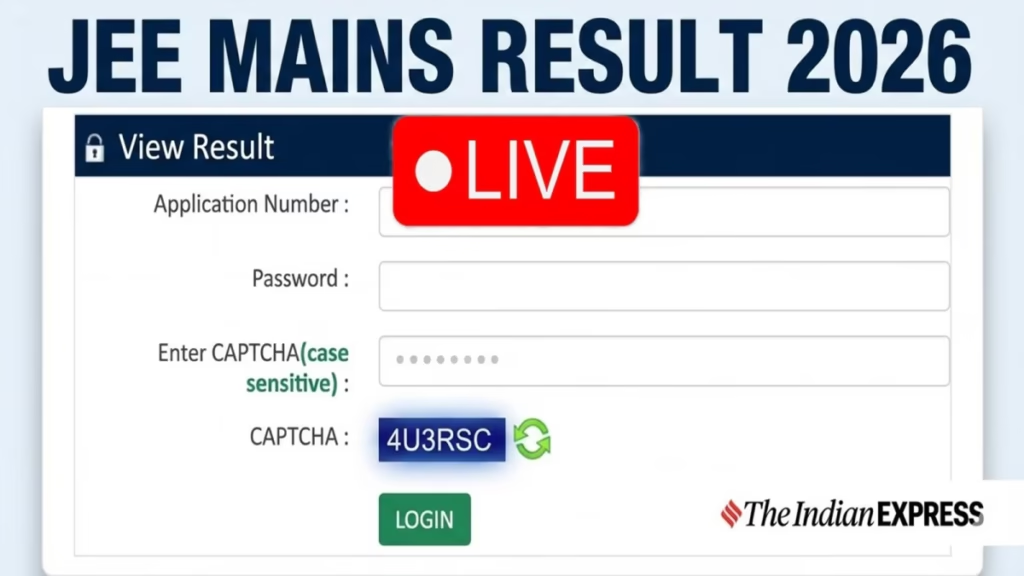Now Reading: Uttarakhand Judiciary Exam: A Gateway to a Noble Career in Law
-
01
Uttarakhand Judiciary Exam: A Gateway to a Noble Career in Law
Uttarakhand Judiciary Exam: A Gateway to a Noble Career in Law

The Uttarakhand Judiciary Exam, conducted by the Uttarakhand Public Service Commission (UKPSC), is a highly anticipated opportunity for law graduates aspiring to join the esteemed judicial services of the state. This examination serves as a crucial gateway for individuals seeking to embark on a fulfilling career as Civil Judges (Junior Division), contributing directly to the administration of justice in Uttarakhand.
Latest Notification and Key Dates (as of May 2025):
The UKPSC has recently released the notification for the Uttarakhand Judicial Service Civil Judge (Junior Division) Examination 2023, with the application window now open in 2025. This recruitment drive aims to fill 8 vacancies for the Civil Judge (Junior Division) posts, although this number is subject to change.
Key dates to mark are:
- Notification Release Date: May 16, 2025
- Application Start Date: May 16, 2025
- Last Date to Apply Online: June 5, 2025 (until 11:59 PM)
- Last Date for Fee Payment: June 5, 2025
- Correction Window: June 11 – June 21, 2025
Aspiring candidates are strongly advised to refer to the official UKPSC website (psc.uk.gov.in or pscuk.net.in) for the detailed notification PDF and any subsequent updates.
Eligibility Criteria: Who Can Apply?
To be eligible for the Uttarakhand Judiciary Exam, candidates must meet specific criteria related to education, age, and other essential requirements:
- Educational Qualification: A Bachelor of Laws (LL.B.) degree from a university established by law in India and recognized by the Governor for this purpose is mandatory.
- Language Proficiency: Candidates must possess thorough knowledge of Hindi in the Devanagari script.
- Computer Knowledge: Basic computer operation knowledge is a prerequisite, and this skill will be assessed during the selection process.
- Age Limit: As of January 1, 2025, candidates must be between 22 and 35 years of age. Age relaxations are applicable for reserved categories (SC/ST/OBC/PwD/Uttarakhand Women) as per government rules.
- Nationality/Domicile: Applicants must be citizens of India. Preference is given to permanent residents or those domiciled in Uttarakhand, with proper documentation required to prove residency.
- Marital Status (for male candidates): A male candidate with more than one living wife is generally not eligible unless specific government permission has been granted.
The Rigorous Selection Process:
The Uttarakhand Judiciary Exam follows a comprehensive three-stage selection process designed to identify the most suitable candidates for judicial roles:
- Preliminary Examination (Objective Type): This is a screening test consisting of objective-type (MCQ) questions. It typically has two parts:
- Part I: General Knowledge: Covers general awareness, current affairs, Indian Constitution, International Law, Neutrality, Recent Legislation, Law and Development, and current legal aspects. (50 Marks)
- Part II: Professional Subjects (Law Topics): Encompasses core law subjects like the Indian Penal Code (IPC), Code of Criminal Procedure (CrPC), Code of Civil Procedure (CPC), Indian Evidence Act, Transfer of Property Act, Principles of Hindu Law, Principles of Muslim Law, and recent amendments to these laws. (150 Marks)
- The total duration for the preliminary exam is 3 hours. There is a negative marking of 1/4th of the marks for each incorrect answer. Marks scored in the prelims are qualifying in nature and are not counted towards the final merit list.
- Main Examination (Descriptive/Written Type): Candidates who qualify the preliminary examination are eligible for the Mains. This stage is descriptive and assesses in-depth legal knowledge, analytical skills, and writing proficiency. The Mains exam typically comprises six papers:
- Paper 1: The Present Day (150 Marks): Focuses on current events of national and international importance, especially in the legal sphere, and includes essay writing.
- Paper 2: Language (100 Marks): Tests proficiency in English and Hindi, including translation of passages from English to Hindi and Hindi to English, and English Précis writing.
- Paper 3: Substantive Law (200 Marks): Covers Law of Contracts, Partnership, Easements and Torts, Transfer of Property, Principles of Equity, Law of Trust and Specific Relief, Hindu Law, and Mohammedan Law.
- Paper 4: Evidence & Procedure (200 Marks): Includes the Indian Evidence Act, Code of Civil Procedure, Criminal Procedure Code, principles of pleading, framing of charges and issues, handling witness evidence, and judgment writing.
- Paper 5: Revenue & Criminal Law (200 Marks): Focuses on the U.P. Zamindari Abolition and Land Reforms Act (as applicable in Uttarakhand) and the Indian Penal Code.
- Paper 6: Basic Knowledge of Computer Operation (Practical) (100 Marks): A practical test assessing proficiency in Microsoft Windows Operating System, Microsoft Office (MS Word, MS Excel, MS PowerPoint, MS Access), and the Internet. A minimum qualifying mark of 40 is generally required in this paper.
- Interview (Viva-Voce) (100 Marks): Candidates who clear the Main Examination are called for a personality test. The interview assesses the candidate’s legal aptitude, general awareness, communication skills, and overall suitability for the judicial role. Marks from the interview are added to the Mains exam score to determine the final merit list.
Career Progression and Remuneration:
A career in the judiciary offers immense job security, financial stability, and the profound satisfaction of serving society. After successfully clearing the Uttarakhand Judiciary Exam, candidates are appointed as Civil Judges (Junior Division). They then undergo a rigorous year-long training program at the state’s judicial academy.
The career path for a Civil Judge is structured and offers significant growth opportunities:
- Junior Civil Judge/First Class Magistrate: Entry-level position, with a revised pay scale of ₹77,840 – ₹1,36,520 (as per the 2nd National Judicial Pay Commission).
- Senior Civil Judge: Promotion after a few years of service, based on performance and seniority.
- District Judge: A significant milestone, often achieved through promotion or direct recruitment.
- High Court Judge: Exceptional performance and seniority can lead to elevation to the High Court.
In addition to a competitive salary, Civil Judges receive various allowances such as Dearness Allowance (DA), House Rent Allowance (HRA), medical allowance, and travel allowances, along with benefits like government accommodation and a pension plan.
Preparation Strategy:
Given the competitive nature of the Uttarakhand Judiciary Exam, a focused and strategic preparation approach is crucial. Aspirants should:
- Thoroughly understand the syllabus and exam pattern.
- Utilize standard reference books and legal guides.
- Stay updated with current affairs, especially legal developments.
- Practice answer writing for the Mains examination.
- Solve previous years’ question papers to understand the exam’s nuances.
- Consider joining coaching institutes or online platforms for structured guidance.
The Uttarakhand Judiciary Exam presents a golden opportunity for dedicated law graduates to contribute to the legal framework and uphold justice in the state. With diligent preparation and a strong commitment, aspiring judicial officers can realize their dream of a distinguished career in the judiciary.










